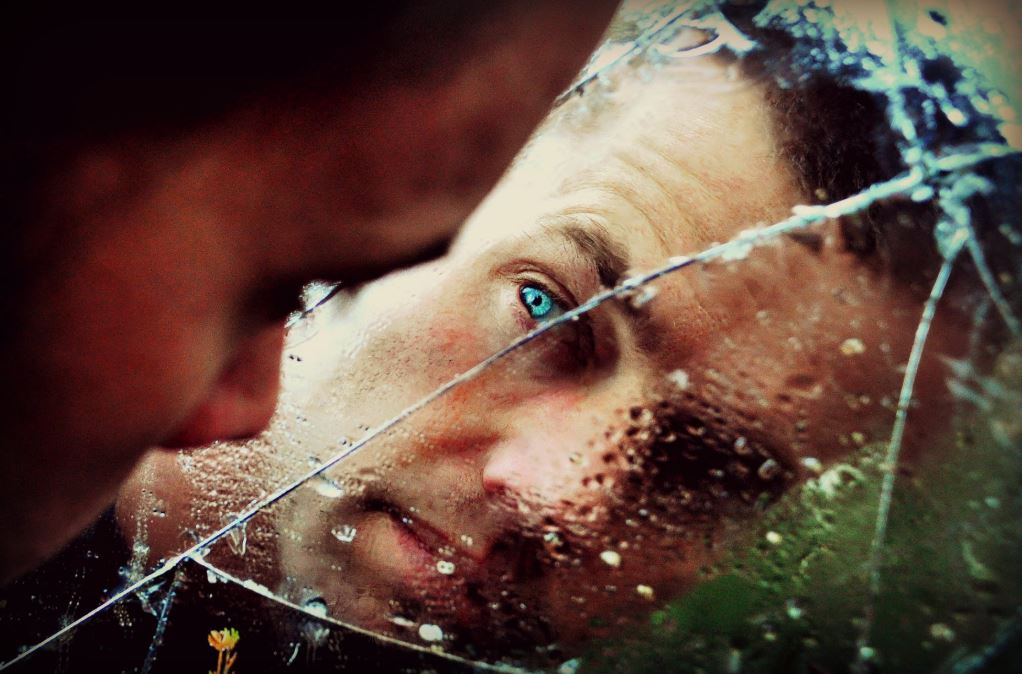It can be very difficult to spot the signs of a mental health crisis, even in people who are close to us. Like many mental illnesses, symptoms of anxiety, depression, bipolar disorder, and other related conditions can develop over time, making it very hard to notice the changes.
 Often, addressing mental health problems right away is key to preventing severe consequences such as self-harm or suicidal behavior. Knowing how to recognize and respond to a mental health crisis can help you understand what your loved one is facing and provide assistance when it’s needed most.
Often, addressing mental health problems right away is key to preventing severe consequences such as self-harm or suicidal behavior. Knowing how to recognize and respond to a mental health crisis can help you understand what your loved one is facing and provide assistance when it’s needed most.
7 Warning Signs of a Mental Health Crisis
There are several common signs of a mental health crisis you can watch for, but it’s important to know that someone who is displaying some of these signs may not necessarily be in crisis. Regardless, it’s still helpful to notice that they may be struggling.
-
Social withdrawal
Losing touch with family members, coworkers, and friends, or spending a great deal of time alone may be a sign that someone is suffering from a mental health disorder. Other signs of social withdrawal may include neglecting regular activities and being unusually self-absorbed.
-
Alcohol or drug abuse
Substance abuse is a common method of coping with symptoms of mental illness and the two often occur simultaneously. Behaviors like excessive drinking, taking large doses of prescription drugs, and using illegal drugs only make symptoms of depression, anxiety, and other mental health problems worse and can also contribute to physical health problems or medical emergencies.
-
A consistently negative outlook on life
It’s normal to have some bad days, but if a person’s outlook on life is consistently dark and negative, he or she may be suffering from a mental health crisis. Persistent negativity can also contribute to feelings of hopelessness and despair, which are frequent indicators that someone may be severely depressed or suicidal.
-
Poor performance at school and/or work
A sudden drop in motivation at work or school could be a red flag and cause for concern, especially if the person is withdrawing from friends and family too.
-
Severe mood disturbances
Severe mood disturbances like deep sadness or depression that last for weeks are signs that someone is suffering internally. Excessive fatigue, insomnia, expressions of hopelessness, or rapid mood swings are also common symptoms of mental illness.
-
Lack of self-care and personal hygiene
If a friend or loved one has trouble regularly performing simple daily self-care tasks like taking a shower, brushing his or her teeth and hair, and changing clothes, he or she is likely dealing with some mental health issues that should be addressed.
-
Psychosis or paranoia
 Being overly suspicious of people for no justifiable reason or losing touch with reality in various ways, such as seeing things, hearing voices, or being unable to recognize friends or family are all serious causes for concern. Someone experiencing these things should seek help right away.
Being overly suspicious of people for no justifiable reason or losing touch with reality in various ways, such as seeing things, hearing voices, or being unable to recognize friends or family are all serious causes for concern. Someone experiencing these things should seek help right away.
How to Respond to a Mental Health Crisis
Ask for help
If you believe that a friend or loved one is experiencing a mental health crisis, it is often best to seek the help of someone you trust or a close family member of the person you are concerned about. Clearly express your concerns and ask the person if they have legitimate worries as well. Formulate a plan of action, starting with a drug intervention if necessary, to approach the person you are concerned about.
Confront the affected individual
Schedule a convenient time to talk to the affected person and respectfully share your concern without judgment. Invite him or her to respond and contribute to the conversation and prepare yourself for the possibility that he or she may not respond as you had hoped. Sometimes a person may not even realize they are struggling or, in other instances, they may become very defensive and insistent that they don’t need help.
In an ideal situation, you and the person can agree to work together to find a solution, such as:
- Creating a self-help plan if professional treatment isn’t necessary
- Researching counseling services or local therapists
- Finding a drug detox program, a drug rehab program, Alcoholics Anonymous meetings, or other substance abuse treatment resources
- Offering to accompany them to therapy sessions
Make sure to care for yourself
Facing a mental health crisis can be very stressful and may cause some anxiety of your own. As a result, you must prioritize your own physical and mental well-being and seek clinical help if necessary. It can be very tiresome to remain supportive, especially if your loved one refuses to get help, but by taking care of yourself first, you’ll be better able to care for him or her without risking your own mental health.
Navigating a mental health crisis can be difficult, but if you believe a loved one is a danger to themselves or anyone else, it is always best to call 911 and request medical assistance.

